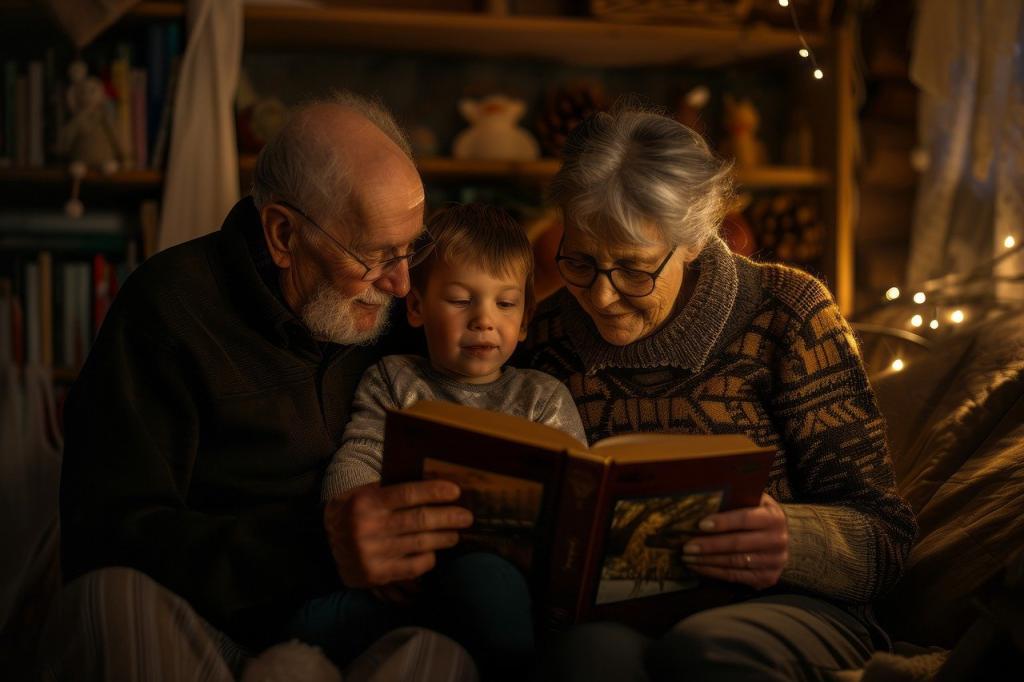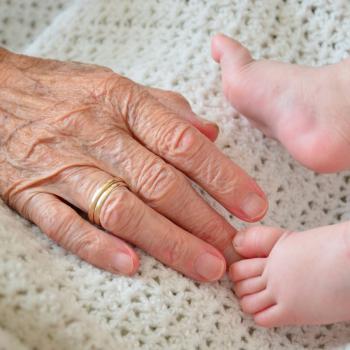
Michigan grabs the leader-board as the first state to provide Kinship caregivers the same level of assistance and licensing requirements that are given to foster care providers. Why is this important? Up until now, Kinship caregivers bring children into their families but do not receive the assistance granted to licensed foster care families, even though they are opening their home in the same way.
Understanding Kinship Care
Kinship care refers to the care of children by relatives (Kin) or close family friends (Fictive Kin). This living arrangement can occur with or without the involvement of a child-placing agency. Kinship care may be informal, voluntary, or formal.
A Kinship caregiver can provide some key component to child attachment:
- the relational stability for a child able to remain in their circle of family and/or friends;
- access to their own culture, values and traditions;
- reducing the trauma to the child by providing continued stability within a known environment.
Michigan Has a High Percentage of Kin Families
According to the Detroit News in their April 1st report by Sarah Rahal, Michigan has already been providing kin the same level of support as licensed foster families, using state or county funding. In the state alone, 42% of families caring for children in the foster system were kin families. With new standards now in place, kin and fictive kin families will finally be recognized as the caregivers they are. Kin caring for children in foster care are rarely recognized in most states, but Michigan has changed that for their citizens.
In the aforementioned article, the Secretary of Health and Human Services, Xavier Becerra, states:
“It is often grandparents who step up to care for a grandchild when that child’s parent can’t. We must be partners with those grandparents and support their commitment to care for the child while a parent gets back on their feet, so more children don’t end up in foster care. Michigan’s robust support for kin caregivers has made it a national leader. The approval of Michigan’s plan means more kin caregivers will receive the financial support they deserve when caring for family members.”
Supporting Kinship Families
Up until this recent change, Kinship caregivers reported little to no support when accepting a loved one from a struggling family member. They seldom receive guidance, resources or training, and are simply expected to open their home because of an established relationship with the child. This becomes a problem in the area of applying for government aid, as kin may not be the court-appointed guardian. As a result they take on a large responsibility with little to no financial or services support.
Secretary Becerra announced that “Michigan will be the first state to implement separate licensing standards for kin caregivers to make the process simpler and allow them to get aid.”
Grandparents Raising Grandchildren
According to the Department of Health & Human Services, in 2023 there were more than two million children in the United States being raised by grandparents, other relatives, or close family friends. The linked article states that ‘relatives are the preferred resource for children who must be removed from their birth parents because this helps maintain the children’s connections with their families, increases stability, and minimizes the trauma of family separation.’
‘Although many grandparents or other relatives struggle with the cost of raising family members, there are various programs available to assist with their basic family needs. Child Welfare Information Gateway, a service of the Children’s Bureau, provides a factsheet, Kinship Caregivers and the Child Welfare System. This describes the various forms of kinship care and types of financial support that may be available to relative caregivers. Information Gateway also maintains resources for relative and kin caregivers .’
The requirements for reimbursement vary in each state and factors such as income and legal status of the arrangement could determine financial eligibility.
Resources for Kinship Care
Many states have a kinship care contact that may be able to answer questions related to sources of financial assistance, and some state websites provide specific kinship care information and links to relevant organizations. The Information Gateway website provides a listing of kinship care contacts and programs by state.
At Grandfamilies.org you will find free and online resources for grandfamilies stepping back into parenting roles.
Additionally, dialing 2-1-1 in most states will link you to a free social services hotline. Through this, community resources and benefits can be discovered.
My husband is grandfather to 9 children, most of them being younger than his own adopted sons. Taking on young children when many are enjoying an empty nest is tiring. Grandparenting is hard. The agility is not there. The mental focus doesn’t come as easily. And retirement plans? Out the window. Michigan has taken the lead in honoring kin or fictive kin who have chosen children over retirement. I applaud them and hope to see this as a new norm for other states.
Until next time, my Savoring friend!













